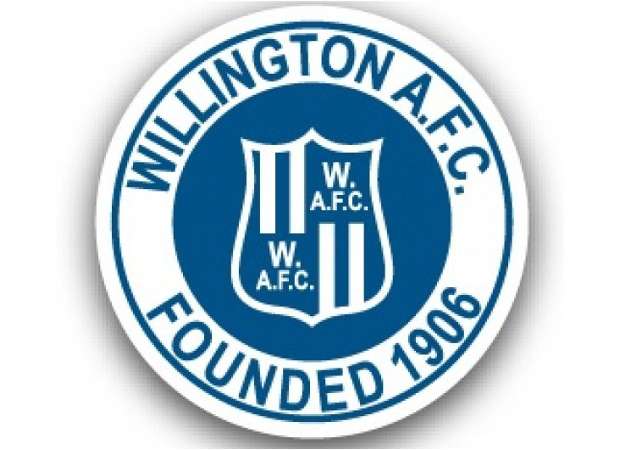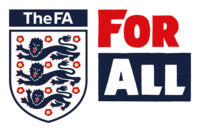WILLINGTON AFC and Crook Town have spoken of their outrage after a player had to wait five hours for an ambulance after breaking his leg.
Willington’s Gareth Ayers suffered the injury following a red-card tackle during the Northern League Division Two game between the two sides last Friday at Crook’s Millfield ground.
Bystanders called 999 immediately at 8:50pm but a paramedic didn’t arrive for 25-year-old Ayers until 1.30am on Saturday morning followed by an ambulance 14 minutes later.
He was taken to the University Hospital of North Durham where it was confirmed he had a broken right shin and he has undergone surgery.
Ayers had to be moved from the pitch while he waited, with freezing temperatures in the north east, and he told the Northern Echo: “I was in constant, horrendous pain for five hours.
“I absolutely understand people in life-threatening situations need helping first, but what I went through cannot be right.”
Willington club secretary Geoff Siddle said: “It was so frustrating and stressful for everyone. Gareth was obviously in so much pain, pure agony. It was a grave situation.”
Crook chairman Vince Kirkup added: “Friday was very cold – he couldn’t have survived outside. Luckily for him, our experienced physio Jim Vipond got him safely off the pitch and he was stretchered inside.
“At about midnight most players had gone home and just a few of us stayed back to help and console him.
“We stretchered him to the clubhouse thinking it couldn’t be much longer and would be easier for the ambulance but he still had a long time to wait. All we could give him was two ibuprofen. The 999 call centre, paramedic and ambulance staff were all good but the system is failing.”
North East Ambulance Service denies it is “unsafe” and has apologised for the delay, admitting two ambulances heading for Ayers had to be redirected elsewhere.
“This is not the level of response that we would have wanted for this patient and we would like to apologise for the delay,” a spokeswoman said.
“This was a particularly busy night for our service, with more than 60 per cent of the calls we received that evening categorised as potentially life threatening.
“With such a spike in demand, compounded by delays faced in our local hospitals with patient handovers, it can be difficult to reach those patients whose conditions are not immediately life threatening, leaving them waiting longer than we would like.”
























